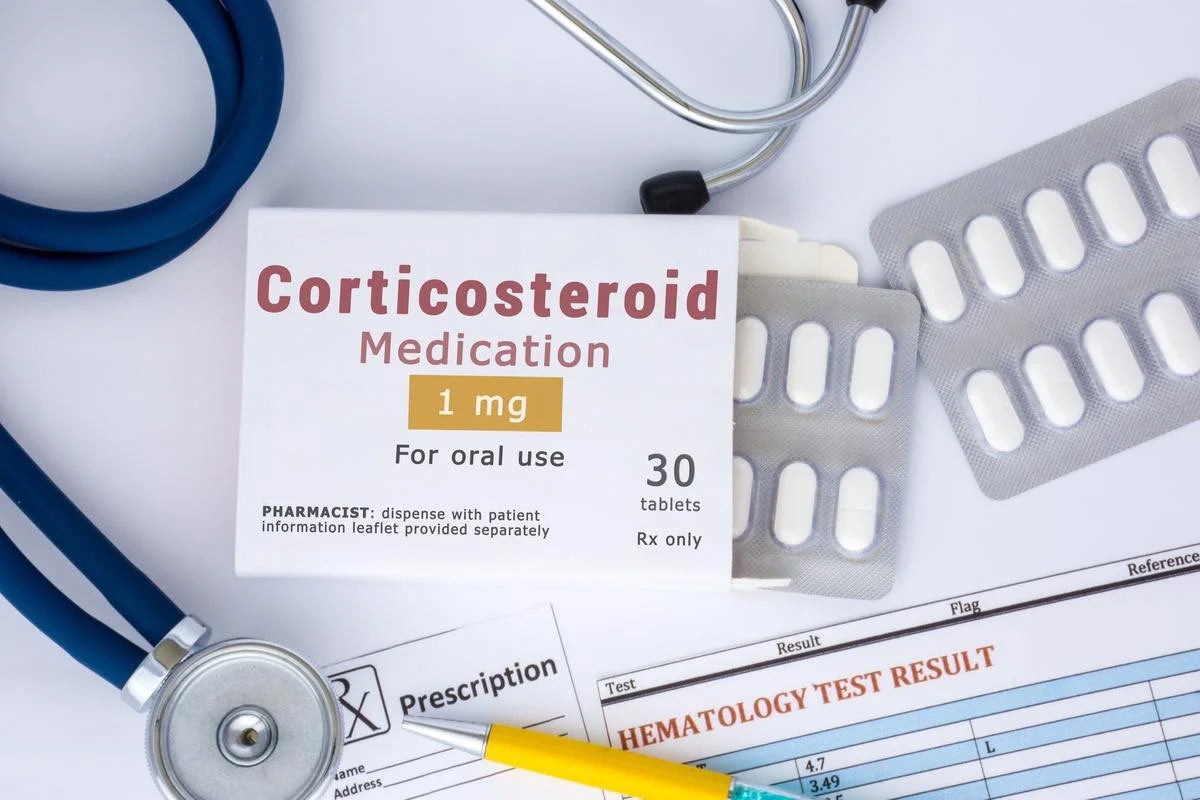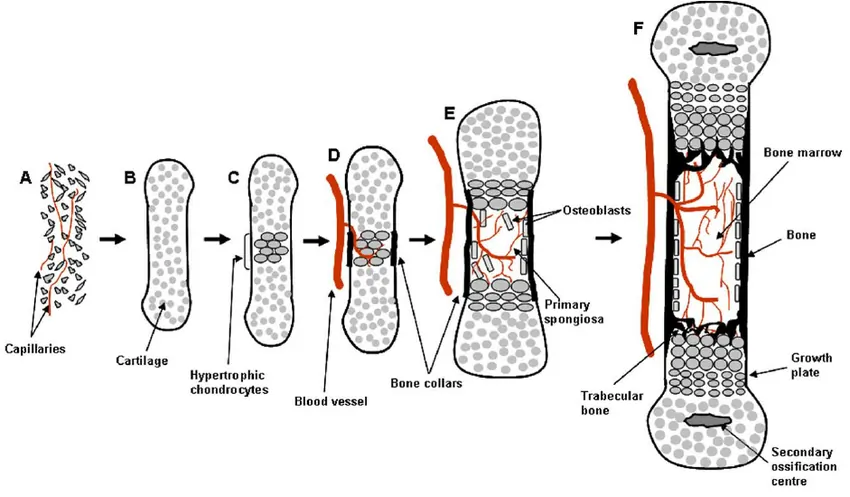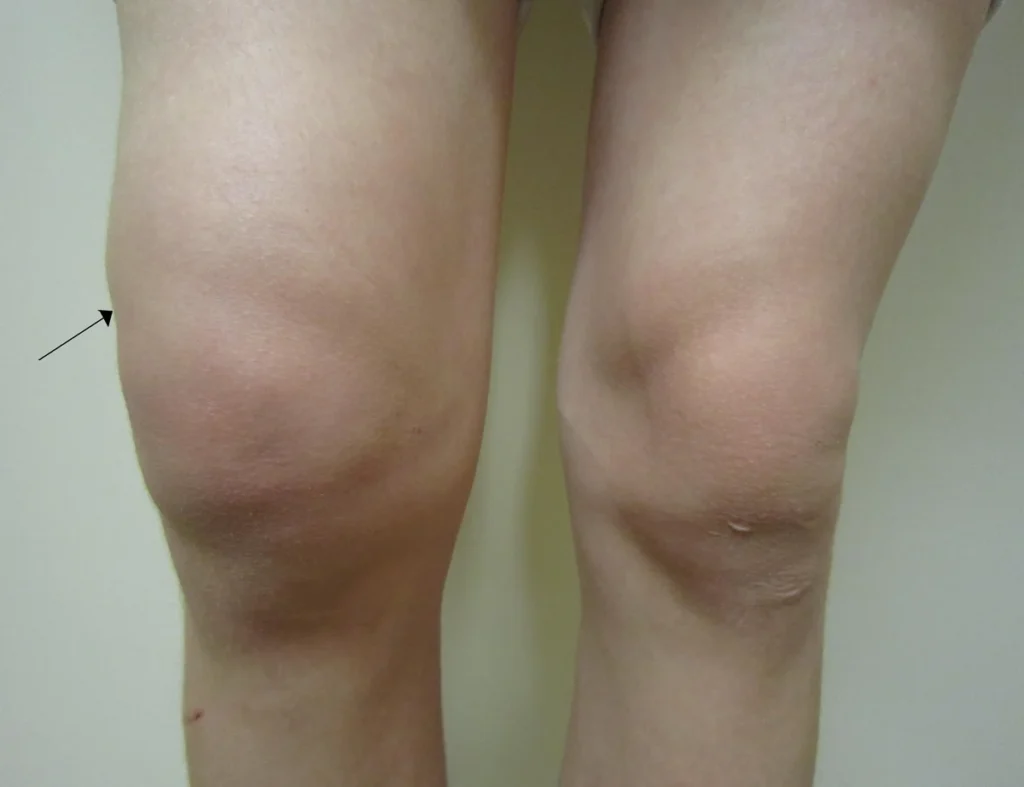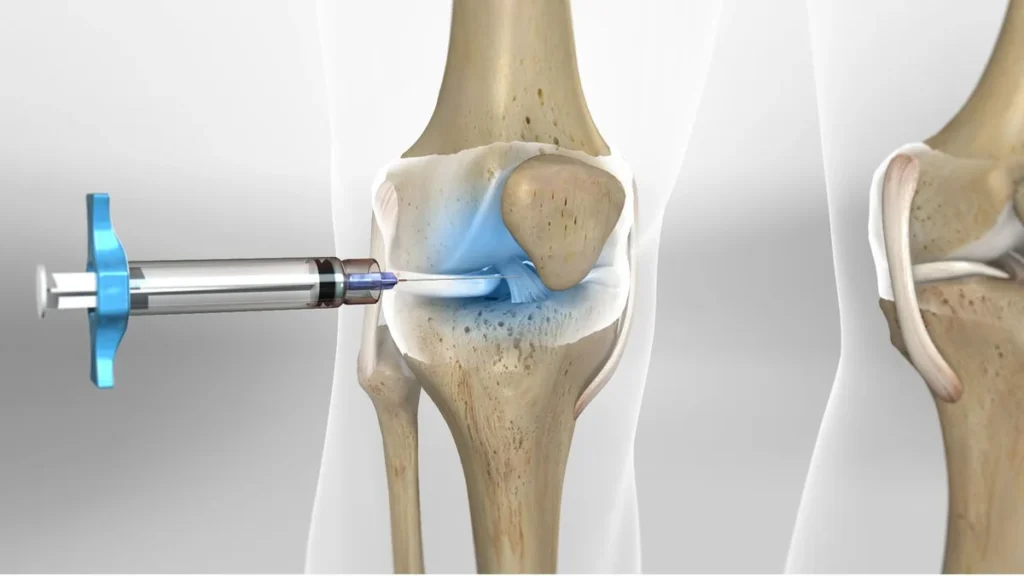Definition and Production:
Cortone, also known as corticosteroid or simply steroids, is a type of natural fat produced in the liver from cholesterol. The adrenal gland uses them to create hormones.

Cortisol:
One of the most important steroid hormones produced in the body is cortisol. These steroids are also artificially produced and used as medications.
Medical Use:
Artificial steroids, also referred to as cortone, are used in medicine to treat a variety of diseases such as asthma, rheumatoid arthritis, eczema, leukemia, and other conditions.
Effects on the Body:
Cortone or corticosteroids have two major effects on the body. They reduce inflammation in body tissues and weaken the immune system. These effects are utilized in treating diseases.
Application in Treatment:
For example, controlling and reducing inflammation in tissues is part of joint inflammation treatment, and the immune-suppressing effect of these substances is used in preventing the body’s response to transplanted organs (like kidney or heart transplants).
Common Corticosteroids:
The most important synthetic corticosteroids or cortones used as drugs include hydrocortisone, dexamethasone, betamethasone, prednisone, and prednisolone.
Prednisone and Prednisolone:
Prednisone is an inactive chemical that is converted in the liver into an active form called prednisolone. This process involves adding a hydrogen atom to prednisone. The drug molecule prednisone is very similar to the natural hormone cortisol, with the only difference being a double bond.
Effects of Steroids on the Adrenal Gland
Long-Term Use:
The administration of cortone or corticosteroids for more than 2-3 weeks may lead to suppression and inhibition of adrenal gland activity. The adrenal gland naturally produces a steroid hormone called cortisol, which plays a vital role in controlling and regulating the function of many body organs.
Continuous Use and Body Response:
Continuous use of cortone-containing drugs causes the hypothalamus in the brain to instruct the pituitary gland, located beneath the brain, to signal the adrenal gland to stop producing steroids, as the body has received enough of this substance. This situation seems unproblematic until the drug is suddenly discontinued.
Issues with Sudden Discontinuation:
If a patient abruptly stops taking cortone or steroids, the hypothalamus and pituitary gland cannot quickly stimulate the adrenal gland to produce steroids.
Re-stimulation Time:
It takes about two weeks for the adrenal gland to be stimulated again. Therefore, during this time, the patient suffers from a steroid deficiency. Hence, patients taking cortone-containing steroid drugs should never abruptly stop these medications.
Gradual Discontinuation:
Gradually stopping the drug allows the body sufficient time to return to its natural state and resume steroid production.
Increased Steroid Need in Stress Situations:
Sometimes, the human body needs more steroids or cortone. These conditions are referred to as “stress situations.”
Stress Situations:
Stress refers to situations that put pressure or stress on the human body, such as illness, wounds, surgery, severe bleeding, fractures, and similar instances.
Normal Body Response:
In normal conditions, the hypothalamus in the brain, upon detecting a stressful situation, instructs the pituitary gland to then signal the adrenal gland to produce more steroids. However, in patients using cortone-containing steroid drugs, this mechanism is paralyzed, and the body does not receive enough steroids.
Physician’s Role:
In these cases, considering the stressful situation, the attending physician may increase the patient’s steroid drug dosage.
Excessive Use and Cushing’s Disease:
Overuse of cortone drugs, meaning more than the naturally produced steroids in the body, can lead to symptoms of Cushing’s disease.
Cushing’s Disease:
Cushing’s disease is a condition in which the adrenal gland produces too much steroid.
Symptoms of Cushing’s Disease:
One of the main symptoms of Cushing’s disease due to excessive steroid secretion is the accumulation of excessive water and salt in the body, leading to high blood pressure. Additionally, fat increases in the torso and face of the patient, making the patient’s face appear fuller.

To make an appointment or get an online consultation with Dr. Nader Motallebi Zadeh, Limb lengthening surgeon, proceed here.
Effects of Cortone or Corticosteroids on the Human Body
Function:
Cortone or corticosteroids, also known as steroids, are drugs used to suppress the body’s immune system and control inflammation. These drugs have many uses but also come with common side effects and potential complications.
Risk of Infection:
Steroids have anti-inflammatory properties. This property can cause an infection to progress rapidly and show fewer symptoms if one occurs.
Oral Hygiene and Close Contact:
Patients using steroid drugs should pay more attention to their oral and dental hygiene and avoid close contact with people who have respiratory infections or influenza.
Avoidance of Recently Vaccinated Individuals:
These individuals should also avoid close contact with those who have been vaccinated in the past three months, especially with the oral polio vaccine.
Gastrointestinal Disorders:
The use of corticosteroids can lead to gastrointestinal disorders such as changes in taste, heartburn, stomach pain, and stomach ulcers. People with a history of gastrointestinal problems may develop stomach ulcers and even stomach perforation with steroid use.
Monitoring by Physicians:
Doctors can monitor the patient’s gastrointestinal system to some extent by regularly testing the stool for blood.
Preventive Medication:
In some cases, individuals who need to use corticosteroids for long periods and in high doses are prescribed medications like ranitidine or omeprazole by their treating physician to reduce stomach acid levels, thereby reducing the likelihood of stomach ulcers.
Skin Changes and Wound Healing:
Skin changes are common side effects of using steroids. The most significant of these changes include:
- Purple lines on the skin as a sign of excessive steroid use.
- Other potential skin changes and side effects include:
- Skin thinning
- Easy bruising and bluish skin after mild injuries
- Purple lines on thighs, arms, abdomen, and buttocks, which turn white over time
- Oily skin
- Acne appearance
- Thinning hair
- Longer healing time for skin wounds
Muscle Weakness and Bone Health:
Steroids can lead to osteoporosis and bone weakness. People using steroids should consume adequate amounts of vitamin D and calcium daily to mitigate the drug’s negative effects on bones. Dairy products like milk, yogurt, and cheese are excellent sources of calcium.
Impact on Brain Function:
The use of steroids can have negative effects on brain function. People who consume these drugs in large amounts may experience anxiety, memory disorders, agitation, or depression. In some cases, personality changes are also observed, including excessive talking, feeling overly energetic, and making impulsive decisions. These individuals may require less sleep.
Body’s Tolerance to Stress:
The use of steroids can reduce the body’s tolerance to stress. People using these drugs cannot produce more steroids on their own when the body needs them. Times when we need more steroids might coincide with when stress is put on the body, such as during surgery, bleeding, fractures, or fever. In these cases, it’s important to inform the doctor so that the steroid dosage can be increased. If the steroid dose is not increased in these situations, serious complications such as low blood pressure and even death can occur.
Long-Term Use and Eye Disorders:
Long-term use of steroids can lead to eye disorders such as glaucoma and cataracts. Therefore, people using steroids for a long duration should regularly have their eye pressure measured by an ophthalmologist.

To make an appointment or get an online consultation with Dr. Nader Motallebi Zadeh, Limb lengthening surgeon, proceed here.



